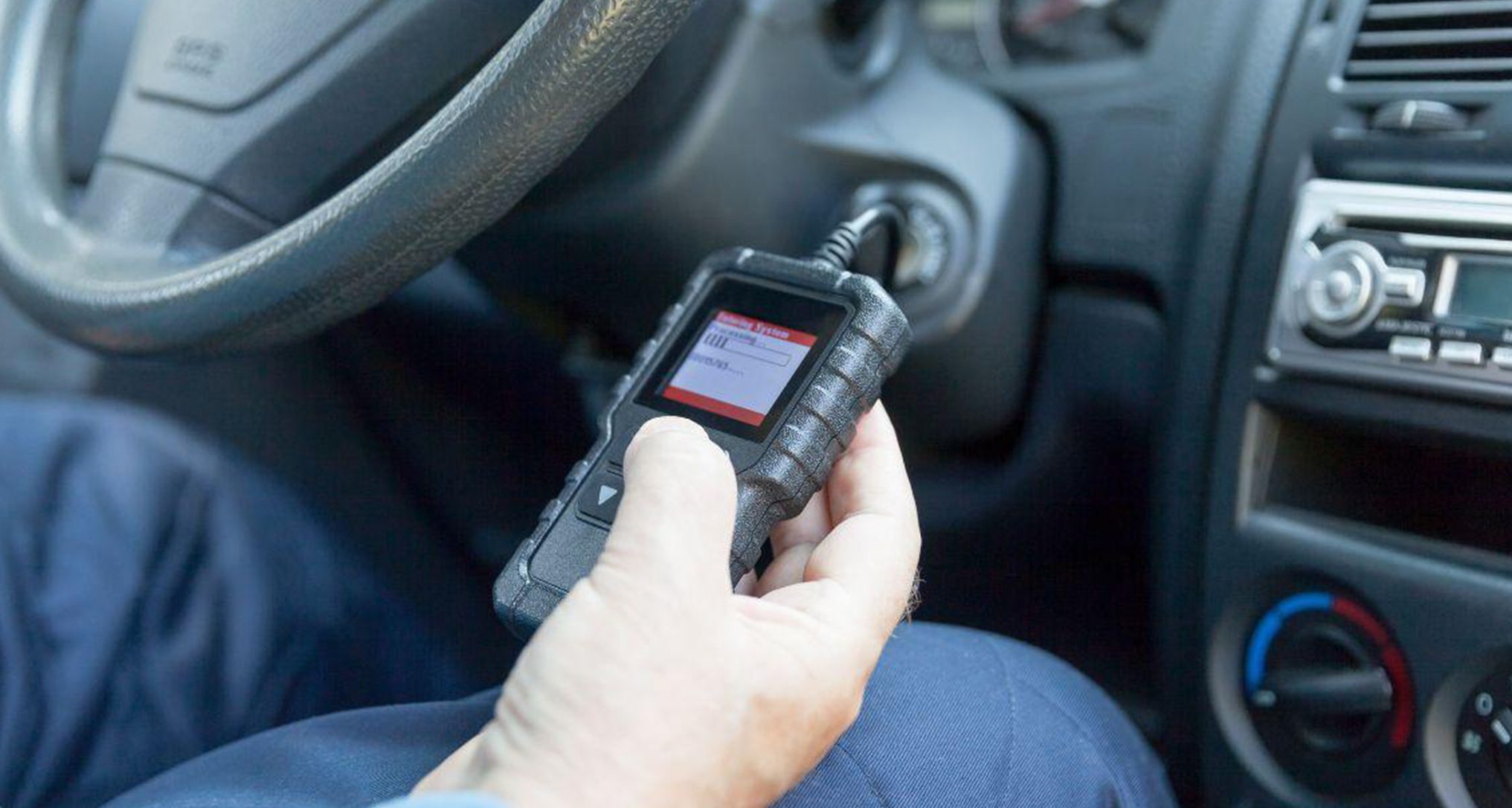OBD stands for On-Board Diagnostics. The second iteration of this diagnostic system is referred to as OBDII. All of the significant control devices are maintained and regulated by the system in a modern vehicle. This also provides data access with the proper hardware and software. So, having the right OBD scanner in your automotive repair shop is crucial. But it begs us to ask the questions: Do various OBD readers differ, or are they all the same? Join Triad Diagnostic Solutions as we explore this more.
What are OBD and OBDII Readers?
You may use a car’s onboard diagnostics tool known as an OBD reader, a diagnostic scanner, or an Autel scan tool to read the error codes and data stored on your vehicle systems.
On the other hand, accessing and interpreting this data is made possible via OBDII readers. You may obtain emission data, sensor readings, and diagnostic trouble codes at the dealer level by simply plugging your smartphone into your vehicle with an adaptor.
Different Types of OBDII Readers
The most popular OBDII reader types are categorized according to how they connect. Handheld OBDII scanners have their screen and connection to connect to the OBD port on the automobile. Wireless OBDII scanners plug into the port to show their results. They link through Bluetooth to a smartphone or tablet. Here are several other OBDII reader kinds.
Basic Code Reader
The simple code reader is the most popular entry-level OBDII scanner. These are less expensive scanner options that are available at every hardware or home improvement store as well as in-car parts shops. This kind of scanner is often used when bringing your automobile to a parts store for a free check engine light scan. OBDII is powered by a Diagnostic Trouble Code (DTC) which causes the automobile to alert you to a problem.
Basic scanners hooked into the diagnostic port often display the DTC on a little screen. This fault code, consisting of a letter and four numbers, lets you know precisely what must be addressed.
DIY scanners
For a higher cost, these sophisticated scanners with a wide array of features will provide you with more details about your automobile. Some are just a dongle that you connect to an app on your phone and leave in the vehicle’s diagnostic port. Your computer or mobile device will get the information the scanner gathers about the car.
Others have more information and resemble a conventional corded handheld scanner. These can provide real-time information on what’s happening in your automobile right now. It can recite what your gauges are telling you and provide detailed statistics like average speed, mpg, fuel system status, and more. These scanners can also perform all fundamental scan tasks, including reading DTCs and clearing accurate codes and code definitions. Triad offers a full line of DIY scanners for automotive and commercial trucks from Autel including the AL529 and AL529CV.
Professional OBDII scanners
A professional-grade OBDII scanner is needed if you’re a professional or want to get serious about getting data out of your car. These do every job a scanner tool could do, including advanced capabilities like ECU programming, lifetime software updates, and ECU modifications.
To make them universal, a wide range of connections are included. Some of them are even capable of diagnosing large commercial trucks.
The ability to preserve data makes these scanners stand out from cheaper alternatives. Using the recorded data, you may graph your car’s performance according to various parameters and categories.
How to choose the best OBDII scanner for you
The top OBDII scanners are not all made equal. The most crucial aspects are:
Easy setup
You won’t likely utilize the scanner to diagnose a problem early if it takes time to set up. Remember that this tool is there to make your life simpler.
Faults and explanations
The finest OBDII scanners can not only identify the problems with your car but also explain what they imply so you can either solve the problem yourself or bring it to a professional for faster repair.
I/M Inspection-Readiness Test
A reliable and dedicated scanner will conduct the vital engine and emissions tests to determine if you’ll pass your state’s inspection.
Accuracy
If a scanner produces inaccurate findings, it is useless since having no information is better than having incorrect information.
Size and weight
If the scanner is large and heavy, you’ll likely keep it in your toolbox rather than take it while driving. See that it is perfect for travel, so you’ll be able to take it wherever you go.
Real-Time Data
The appropriate scanner can assist in identifying an erratic issue by accessing the vehicle’s engine speed, timing, and other characteristics.
Graphs
Although numbers are helpful, a visual depiction is far superior, especially when comparing before and after. Graphs are also more convenient, especially if you need urgency in interpreting the data.
Warranty
Consider the scanner’s lifespan and choose one with a lifetime warranty or software upgrades so it can keep up with evolving vehicle technology instead of just a 1-year warranty or shorter. Having extra features or advanced features would also be great.
Good Rules to Follow
Even though some scanner models are built to last a very long time, you should still exercise caution when using the device because an integrated diagnostic function tool may fail. Some dos and don’ts are as follows:
Read the manual
Although this handbook is thorough and could be overwhelming, it is still advised to read the one that comes with your scanning instrument. As there are several kinds of OBDs, be careful not to confuse one with the other.
Use it with care
When attaching the universal connection to your device, always be gentle. While OBDII adapters are often not brittle, the 16-pin connector is quite sensitive, and if you try to push it in, the pins might easily bend. All varieties of OBD readers must comply with this.
Don’t Use It When Your Car is Not Running.
Always switch on your automobile before using the scanner to prevent software corruption.
Use the diagnostic tools available to you like OBDII Devices, Autel OBDII Scanner, and others, because having your automobile checked out or serviced at a shop will cost far more than checking it out or fixing it yourself. Not all automotive problems are severe enough to warrant taking your car to a repair shop, and on the other hand, gadgets won’t be able to take care of the problem if you don’t take care of it.
Get heavy-duty diagnostic scan tools at Triad Diagnostic Solutions today! You receive a variety of benefits, including free shipping, technician training, and a 30-day guarantee. Contact us for more information. (317) 939-3690.

